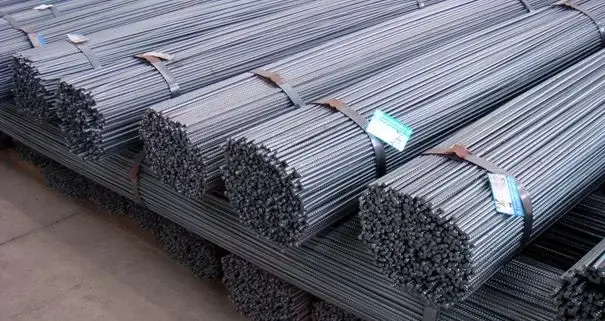Almost any construction project cannot do without the use of metal. The most basic and regularly used material is a steel bar. Metal rebar is the main component for obtaining reinforced concrete. But, is not the role of the metal frame exaggerated in civil and technological construction.
Classification of rolled metal
This product is produced and purchased in large quantities. The main consumers are building contractors who are engaged in the construction of a wide variety of buildings, both within the city and beyond. Depending on the type of building and intended purpose, builders have the opportunity to choose one of the following types of fittings:
- Rod corrugated, the most popular in practice.
- Wire round, for subsequent welding of the mesh.
- Installation, for forming a reinforced concrete base.
- Mesh is used to create strong floors.
All metal rolling in Yekaterinburg strictly complies with the state quality standard. Thanks to this indicator, the finished product from reinforcement can withstand not only static, but also dynamic loads during everyday use. High-quality steel grades used for the production of rolled products resist corrosion well.
The benefits of rebar in practice
In the conditions of a rolling mill, the production of rebar does not require large expenditures. The main thing is to initially use suitable steel grades so that the final product meets GOST standards. Classic fittings have the following positive qualities in practice:
- sufficiently high plasticity during bending;
- resistance to stretching, especially due to the presence of ribbing;
- does not tend to accumulate metal fatigue during operation;
- preserves the integrity of the building after construction work is completed;
- Alloy steel resists corrosion for a long time.
In civil engineering, rebar 10, according to the diameter of the rolled product on the cut. It is strong and flexible enough to serve as the basis for the foundation of a one-story building and ceiling ceiling. The reinforcement is suitable for creating a complex mesh for subsequent pouring of concrete. Factory-made ribbed or completely smooth, for various purposes in practice.




